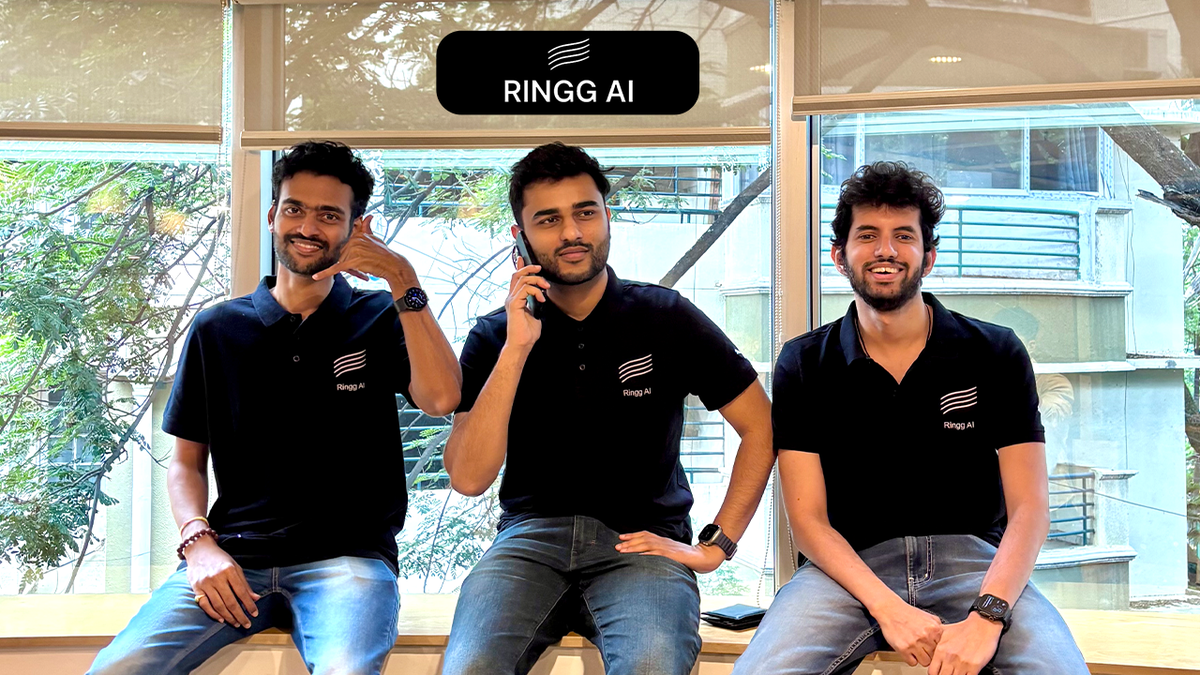Highlights
Bill Gates on Future Workweeks
A significant transformation in employment patterns could be on the horizon, as stated by Microsoft co-founder Bill Gates. In an appearance on The Tonight Show with Jimmy Fallon, Gates expressed his belief that within the next decade, individuals might only be required to work two or three days a week due to the rapid advancements in Artificial Intelligence.
The Future of Work and AI
Gates raised the question, “What will jobs be like? Should we just work like 2 or 3 days a week?” He suggested that at the current rate of AI innovation, the necessity for human involvement may diminish considerably for various tasks.
This isn’t a new concept for Gates. In 2023, as OpenAI’s ChatGPT was beginning to emerge, he mentioned that a three-day workweek would “eventually” become the norm. He emphasised the need to reconsider how humans allocate their time once they are no longer bound by traditional full workweeks, stating, “If you zoom out, the purpose of life is not just to do jobs,” during an interview with Trevor Noah on the What Now? podcast.
Opposing Views on Shorter Workweeks
While Gates anticipates a future with fewer hours on the job, some Indian business figures hold a drastically different opinion. Infosys co-founder Narayana Murthy claimed that Indians should ideally work around 70 hours weekly to maintain global competitiveness. He mentioned that this view is more of a personal conviction than a mandate.
In a past commentary, Larsen & Toubro Chairman SN Subrahmanyan expressed regret for not implementing Sunday work for employees and suggested a 90-hour workweek, a statement that faced considerable backlash.
Support from Other Leaders
Gates is not the only influential figure advocating for this perspective. JPMorgan CEO Jamie Dimon recently mentioned that AI advancements could lead to a workweek of three and a half days. Additionally, Japan is exploring this possibility; Tokyo’s Metropolitan Government has introduced a four-day workweek initiative aimed mainly at enhancing birth rates.
As employee burnout grows increasingly prevalent across the globe, Gates’ vision of a less intense workweek, driven by AI, may begin to gain acceptance more rapidly than anticipated.
(With agency inputs)







